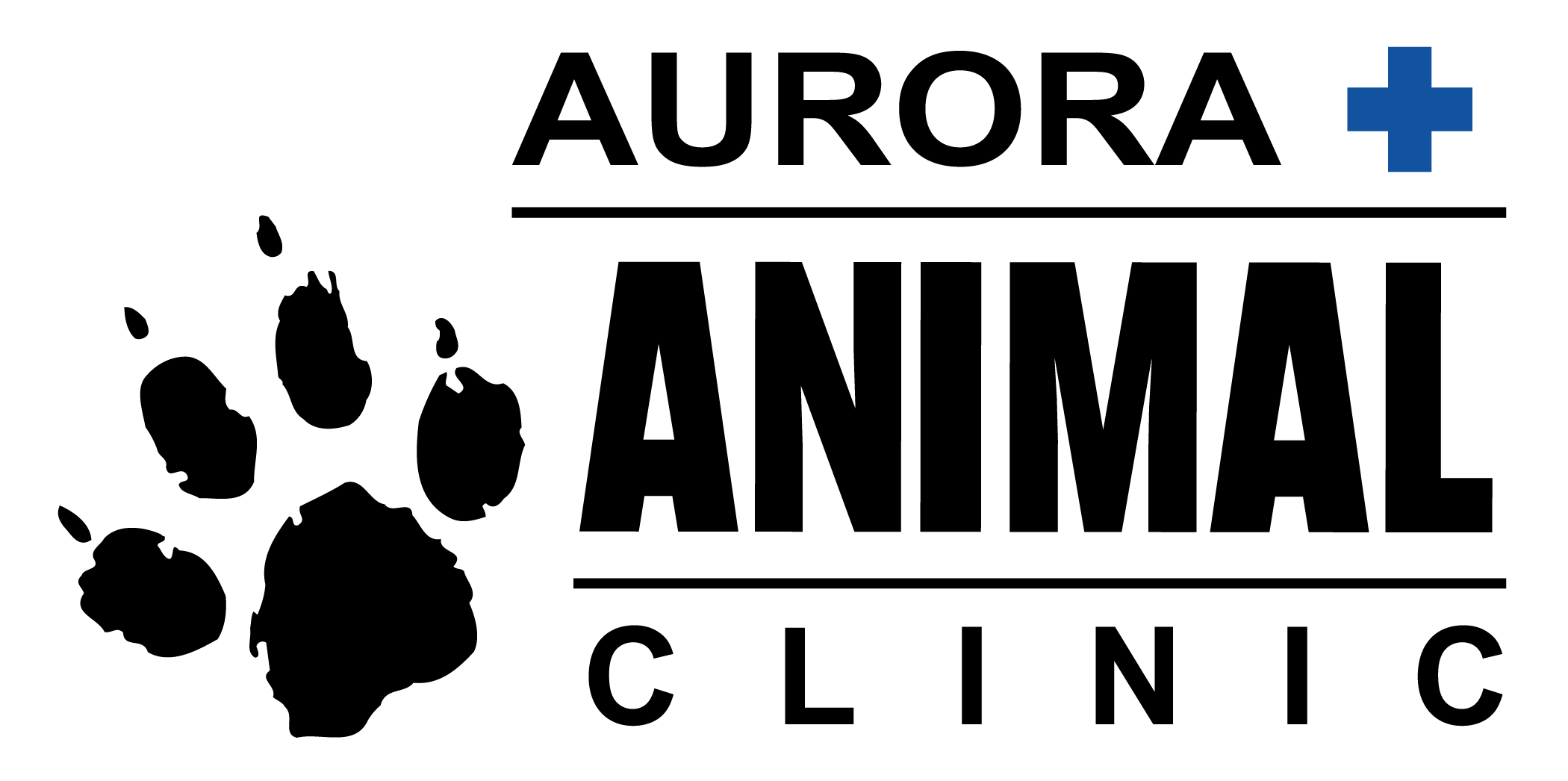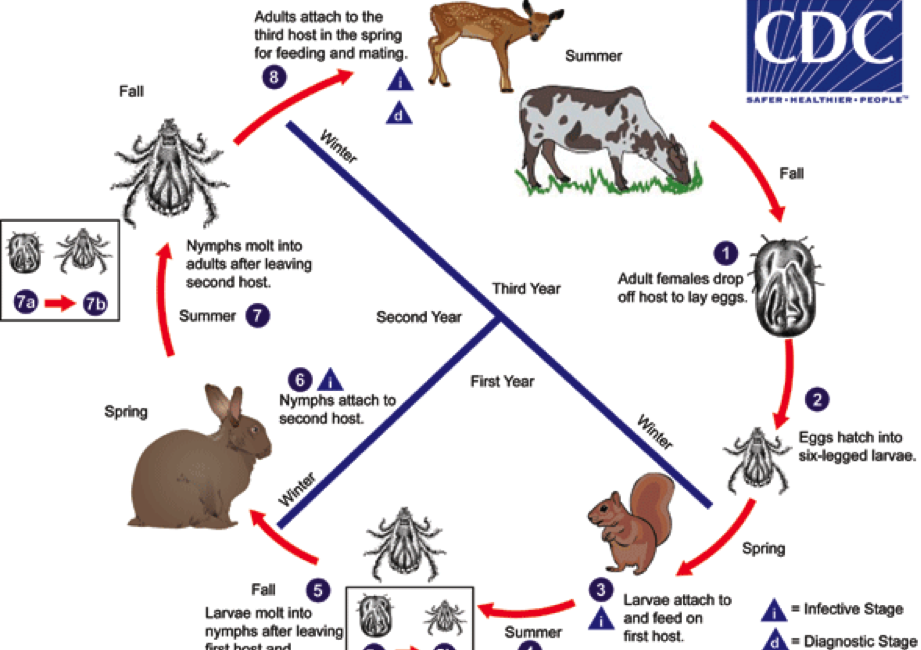Q: Do I really need to continue my pets tick prevention in November and December?
A: Yes! In the last two weeks (November 13th – 27th), we have removed a total of 11 ticks from our patients. This is particularly concerning because the prevalence of Lyme disease in York Region has recently overtaken the prevalence of heartworm (61 reported cases vs 42 reported cases*).
Ticks are active until the weather is consistently below 4 degrees celsius. This time of year it dips below 4 degrees at night so the ticks are not active, but often reaches double digits during the day allowing the ticks to come out and feed. Ticks tend to “quest” more during these warmer daylight hours, as they prepare to hibernate for the winter. Ticks cannot jump,questing is the how ticks find hosts to attach to. They climb up plants and hang on with their back legs, while keeping their front legs extended up, in hopes of catching onto a host. Special care should be taken for dogs who frequent forests and ravines, as these are the areas that ticks tend to flourish, as well as hibernate for the winter.
Should you find a tick on your dog, give the clinic a call. Not only can we remove the tick for you, or set you up with a Tick Twister to remove it yourself; we will also book a post-exposure tickborne-illness test for 21 days after the bite. This test will check for the three tick borne illnesses that are common in our area (Lyme, Ehrlichia and Anaplasma).
Should you find a tick on yourself you can use a Tick Twister to remove it, then you should bring it to your doctor at Aurora Animal Clinic to be sent out for testing for Lyme disease. Removing ticks quickly after attachment is important for both humans and dogs, so every member of the family should be getting a tick check after going into wooded areas or long grass. It is also a good idea to wear long pants tucked into your socks or boots when frequenting these areas to decrease the possibility of a tick attaching to you!
* Info as on November 26, 2015 from as reported from Idexx Laboratories.
Please contact Aurora Animal Clinic if you have any questions regarding your pet’s health.
By: Caitlin Johnston, RVT




